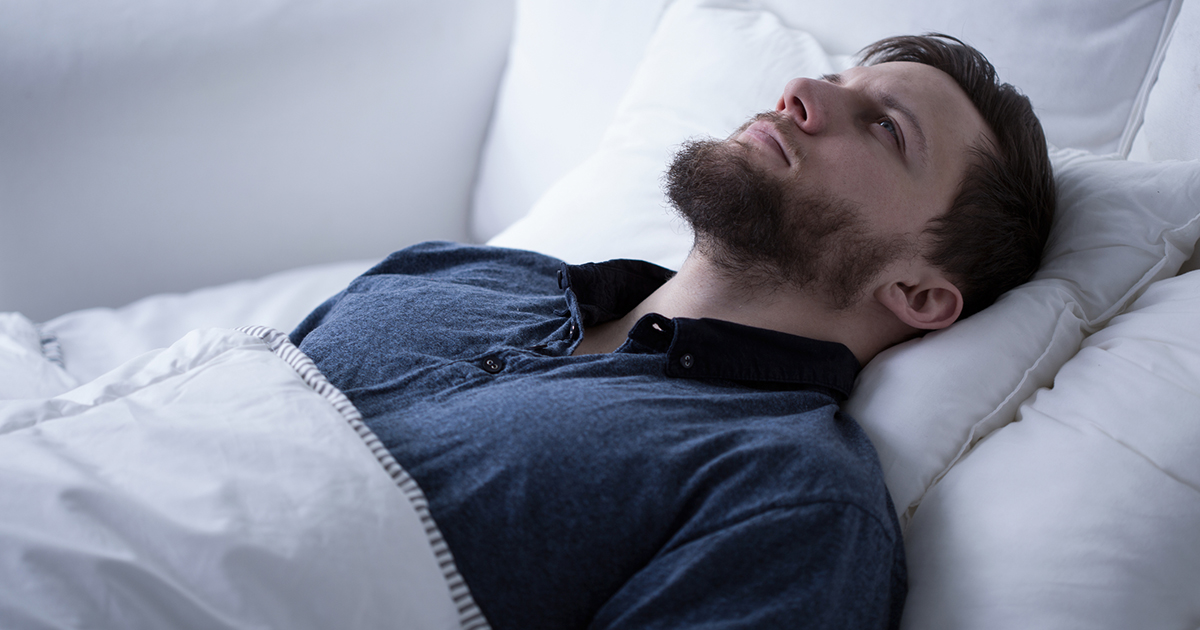Guide To The Symptoms Of Bipolar Disorder
Sleep Issues

Irregular sleep patterns are prominent in bipolar disorder, regardless of the episode. During mania, patients are likely to experience not only insomnia but a complete lack of sleep. Due to extreme restlessness, high energy, and a rampage of unstoppable thoughts, ideas, and impulsive inspirations to engage in many tasks or projects, an individual will find themselves losing track of time in their work, unable to rest. Despite the lack of sleep, individuals in a manic episode will continue to feel an incredible sense of energy, as though they have a continuous supply of caffeine coursing their body. However, as the mania dies down, individuals may experience severe fatigue as their body catches up to their mental state.
Many patients can slip into a depressive episode right after mania. This is due to both the emotional and physical fatigue and the consequences of any risky, impulsive behaviors. During a depressive episode, an affected individual will experience hypersomnia. This refers to the desire to sleep for a long time without feeling refreshed upon waking. Sleep disturbances are a major red flag of bipolar disorder as well. As a part of holistic treatment, patients must develop a healthy sleep routine and be aware of any changes. Suppose an individual finds themselves pulling all-nighters for a few days in a row without any perceived fatigue. This is a sign to slow down, seek medical help, and pay attention to sleep and caffeine intake.
